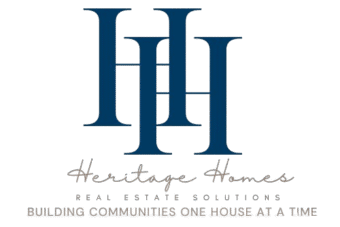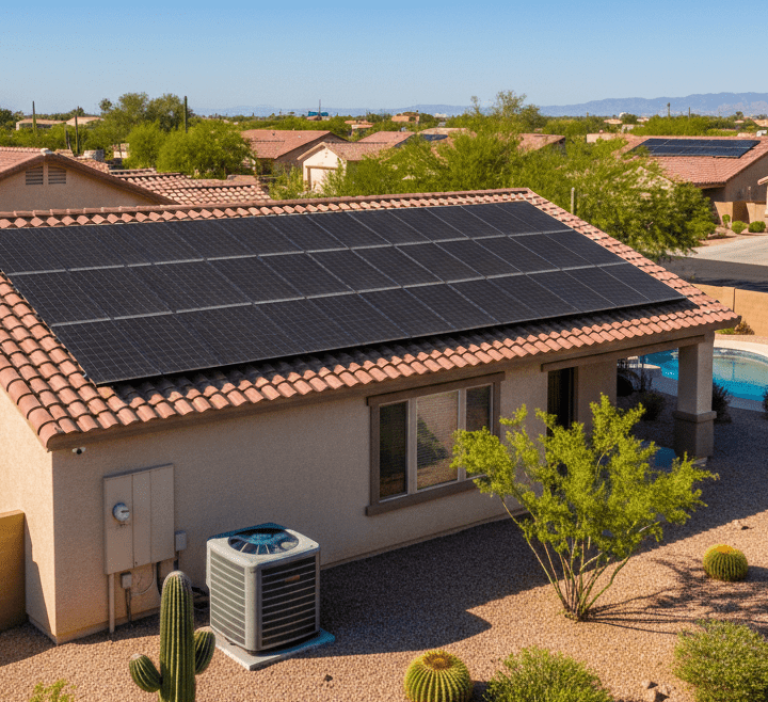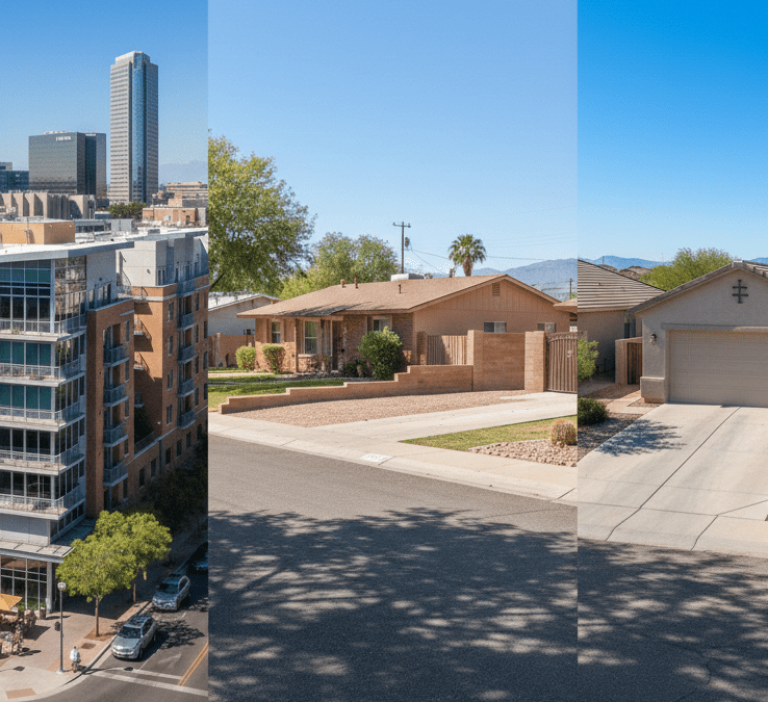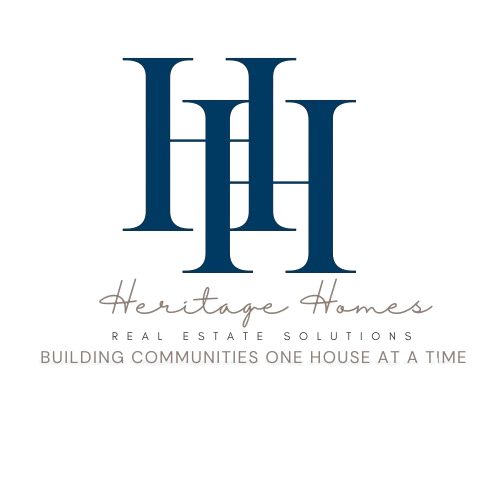Buying a home in Phoenix is an exciting milestone. The warm desert sun, thriving job market, and mix of urban convenience with scenic surroundings make it one of the most desirable places to live in Arizona. However, while many buyers focus on the listing price and mortgage payments, they often overlook another crucial aspect, the hidden costs of buying a home. These unexpected expenses can impact your budget more than you think, and understanding them ahead of time can make all the difference in ensuring a smooth closing experience.
Understanding Hidden Buying Costs in Phoenix AZ
When you’re searching for your dream home, it’s easy to focus on the big numbers, the down payment, the monthly mortgage, and the interest rates. Yet, many buyers in Arizona are surprised when additional charges appear before they receive the keys. These are what professionals refer to as hidden buying costs in Phoenix AZ.
They include everything from inspection and appraisal fees to title insurance, escrow charges, and moving expenses. Since each transaction involves multiple parties,, lenders, agents, inspectors, and title companies, it’s essential to budget for these early in the process.
To make your home search more manageable and informed, you can explore helpful insights directly on the Heritage Capital, where local experts provide resources for new and experienced buyers in the Phoenix area.
Inspection and Appraisal Fees
Two of the most common and necessary expenses are the inspection and appraisal fees. An inspection helps identify potential issues with the property, such as plumbing, electrical, roofing, or foundation concerns. In Phoenix, these inspections typically range between $300 and $600, depending on the home’s size and age.
An appraisal, on the other hand, confirms the market value of the property to your lender. This ensures that you’re not paying more than the home is worth. Appraisal fees in Phoenix often fall between $400 and $700. While both fees may seem like extra costs, they can save you thousands in the long run by revealing problems early or preventing you from overpaying for a home.
Closing Costs and Escrow Fees
Closing costs are another major component of hidden expenses that can surprise buyers. These include title insurance, loan origination fees, attorney fees, and escrow charges. On average, closing costs in Phoenix range between 2% and 5% of the home’s total purchase price.
Escrow fees, which cover the cost of managing the financial transaction between buyer and seller, are often split between both parties. They ensure that funds and documents are handled securely until the deal is finalized.
If you’re currently comparing mortgage options and preparing for these expenses, reviewing the Buy section can help you understand the full purchasing process in Arizona. It also provides guidance on financing options, estimated costs, and what to expect from lenders during closing.

Homeowners Insurance and Property Taxes
While not technically “hidden,” homeowners’ insurance and property taxes are often underestimated when planning your home-buying budget. In Phoenix, insurance premiums vary depending on the property’s age, location, and coverage type. The average homeowner’s insurance ranges between $1,000 and $1,800 per year.
Property taxes in Maricopa County are relatively moderate compared to other major metropolitan areas, averaging around 0.61% of a home’s assessed value. However, taxes can still add hundreds of dollars to your monthly expenses.
It’s important to include these costs when calculating affordability to avoid future financial stress. Some buyers also choose to pay property taxes and insurance through their escrow account for convenience, ensuring that everything is covered in one monthly payment.
HOA Fees and Community Costs
Many neighborhoods in Phoenix are part of homeowners’ associations (HOAs), which maintain community amenities such as swimming pools, parks, and landscaping. HOA fees vary widely — from as little as $25 per month in smaller communities to over $400 per month in luxury developments.
Before buying, ask for a copy of the HOA’s fee schedule and regulations. Some associations also charge one-time transfer or initiation fees at closing. Understanding these details early can prevent financial surprises and help determine if the community fits your lifestyle and budget.
HOAs often provide excellent value for families seeking community amenities, but they also add to monthly expenses that buyers should factor in when evaluating total homeownership costs.
Utility Setup and Moving Expenses
Once you’ve closed on your new home, there are still more costs to consider — especially when transitioning utilities and services. Setting up water, electricity, gas, and internet may involve deposits or installation fees. In Phoenix, where summer temperatures can exceed 100 degrees, electricity bills can also be higher during peak months.
Moving costs are another often-overlooked expense. Whether you hire professional movers or rent a truck, the cost can range from a few hundred to several thousand dollars, depending on distance and volume.
These expenses may not seem significant compared to a mortgage payment, but they can quickly add up, especially for first-time buyers adjusting to new financial responsibilities.
Rent or Wait? Weighing Costs Before Buying
In some cases, potential buyers might wonder if renting is a better option, at least temporarily. Renting provides flexibility, minimal maintenance, and fewer upfront costs, which can be appealing for those not yet ready for a long-term investment.
However, buying allows you to build equity and gain financial stability over time. The key is to assess your current financial position, future goals, and market conditions before making a decision.
If you’re exploring your housing options and want to compare available rentals or temporary housing before committing to purchase, you can find valuable insights by visiting the Rent section. It provides details about current listings, pricing, and local rental trends, helping you make a more informed decision about when and where to buy.
Additional Costs to Anticipate
Beyond the common expenses, some buyers also face costs related to home repairs, upgrades, and furnishing. For instance, you might need to replace outdated appliances, invest in landscaping, or make energy-efficient improvements after moving in.
New homeowners should set aside at least 1% of their home’s value each year for maintenance and unexpected repairs. While these expenses might not appear immediately, they are part of long-term homeownership responsibilities that ensure your property remains in good condition and retains its value.
How to Budget for Hidden Buying Costs in Phoenix AZ
Planning is the best way to manage hidden costs effectively. Start by requesting an estimated closing disclosure from your lender early in the process. This document outlines most of the expected fees, giving you a clear picture of what to budget for.
Next, work closely with your real estate agent to review inspection results and negotiate any necessary repairs before closing. Lastly, consider setting aside an emergency fund to handle unexpected costs like maintenance, moving delays, or temporary housing.
Being proactive not only helps you avoid stress but also positions you for long-term financial success as a homeowner in Phoenix.
Conclusion
Every home purchase involves more than just the list price, and Phoenix is no exception. By understanding the hidden buying costs Phoenix AZ buyers often encounter, from inspections and closing fees to insurance and taxes — you can make confident, informed decisions before signing your final documents. Budgeting for these expenses early ensures a smoother transition into your new home and protects your financial stability for years to come.
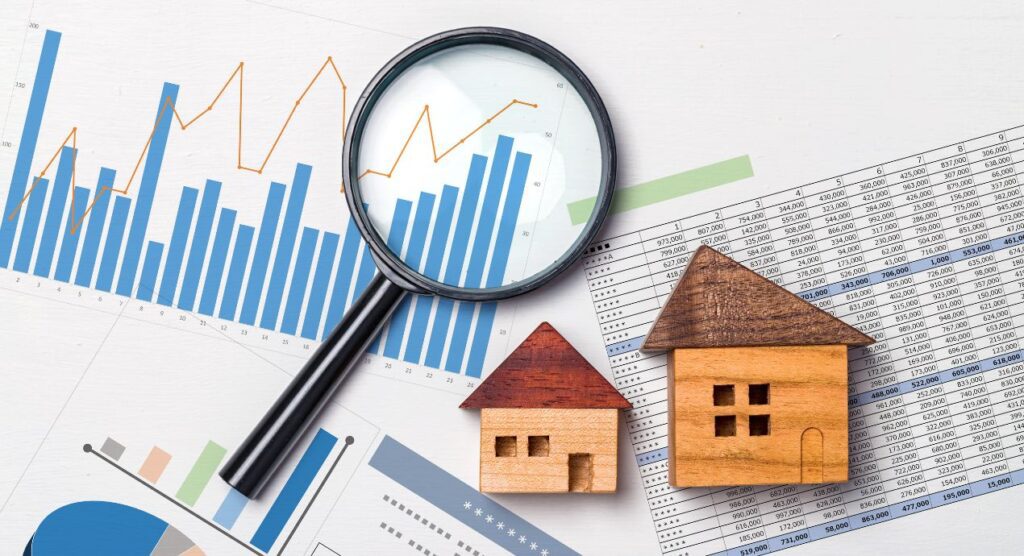
FAQs
1. What are the most common hidden buying costs Phoenix AZ home buyers should expect?
Buyers should plan for inspection fees, appraisal charges, title insurance, closing costs, and moving expenses. These typically add up to 2%–5% of the total purchase price.
2. Are HOA fees mandatory for all Phoenix homes?
No, not all neighborhoods have HOAs. However, many communities in Phoenix do, and their fees can vary significantly based on the amenities offered.
3. How much should I budget for closing costs in Phoenix?
Closing costs generally range between 2% and 5% of the home’s purchase price. The exact amount depends on your loan type, lender, and negotiated agreements.
4. Can I negotiate hidden buying costs before closing?
Yes, many fees are negotiable. For instance, sellers may agree to cover part of the closing costs, or you can compare service providers to find more affordable rates.
5. Why are hidden costs higher in some Phoenix neighborhoods?
Certain areas have higher HOA fees, property taxes, or insurance rates due to location, community services, or property value. Always research these factors before finalizing a purchase.
